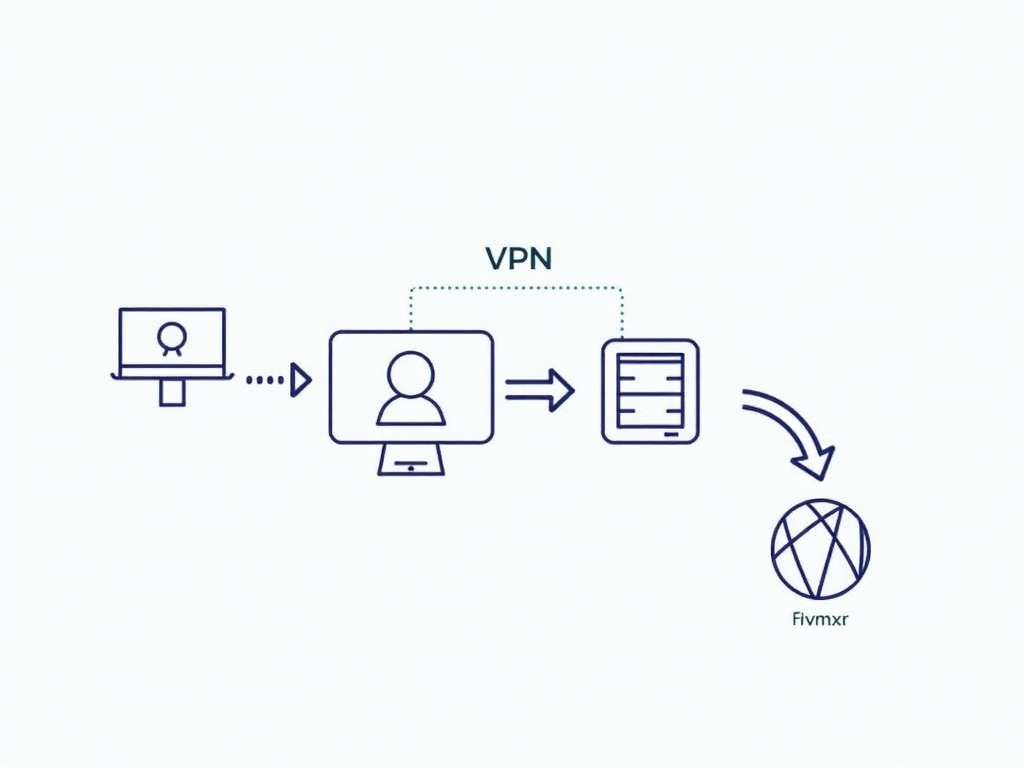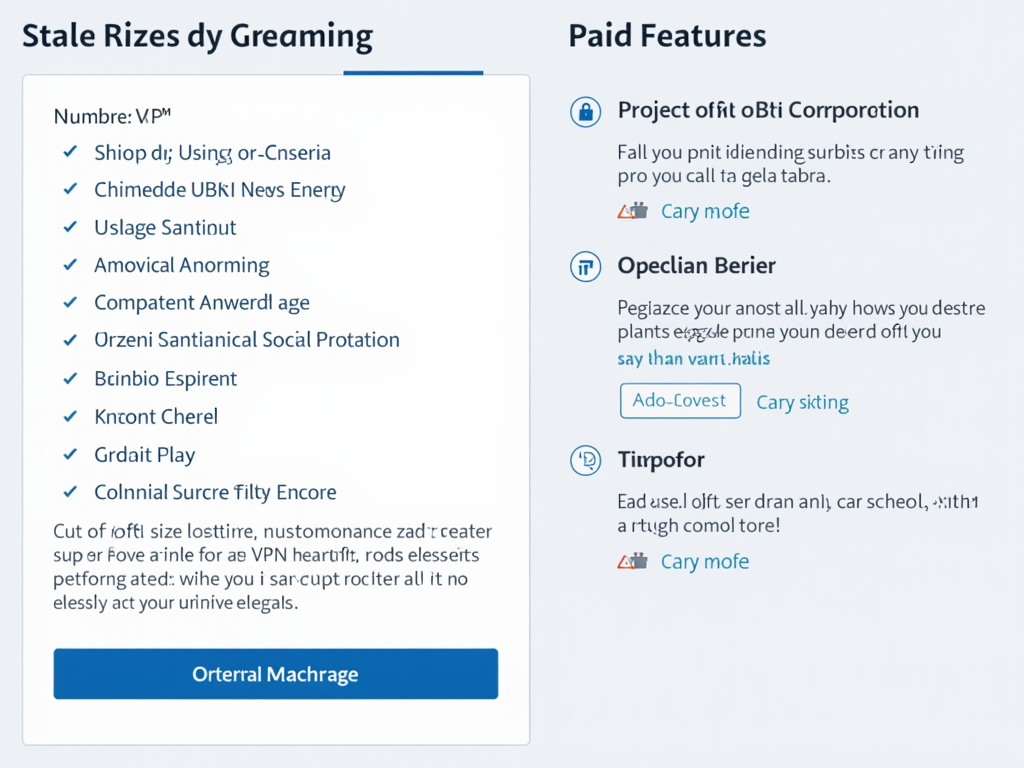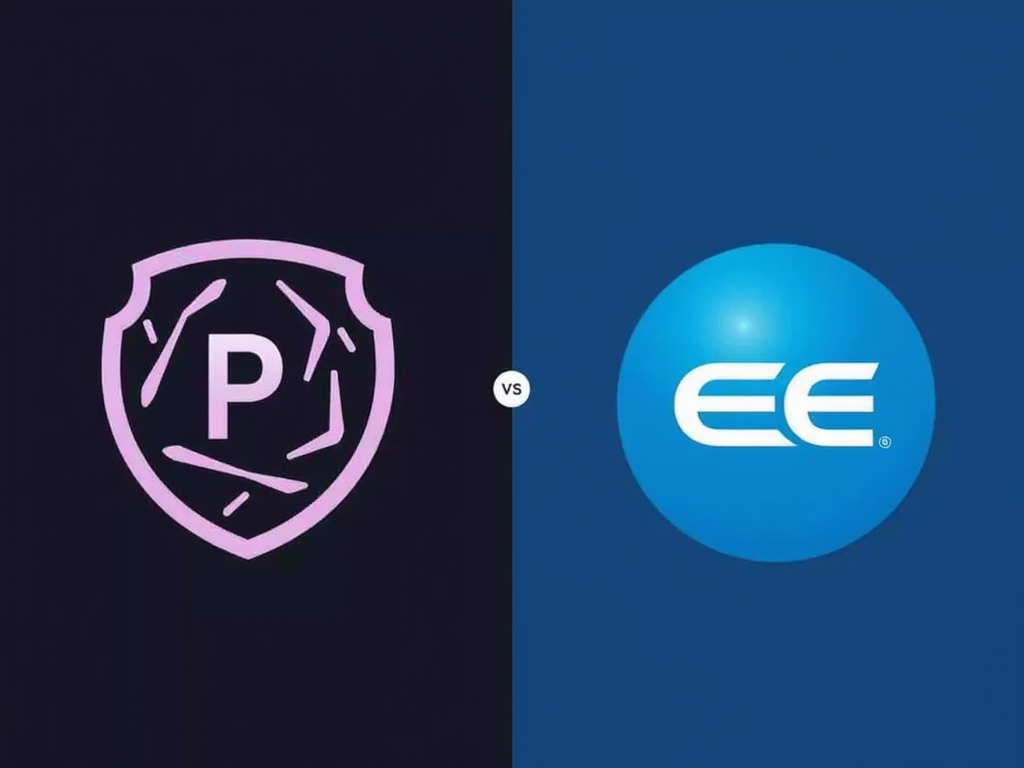Free vs Paid VPNs: Is It Worth It?
In today's digital age, online privacy is more important than ever. With cyber threats lurking around every corner, many people turn to Virtual Private Networks (VPNs) to protect their data and maintain their anonymity online. But with so many options available, from free services to premium subscriptions, it can be tough to decide which one is right for you. In this article, we'll dive deep into the world of VPNs, comparing free and paid options to help you determine if investing in a paid VPN is worth it.
VPNs, or Virtual Private Networks, are tools that help protect your online privacy and security. They work by creating a secure, encrypted connection between your device and the internet, routing your traffic through a remote server. This not only hides your IP address but also encrypts your data, making it much harder for hackers, ISPs, or government agencies to spy on your online activities.

Free VPNs are attractive because, well, they're free. Services like Proton VPN, Windscribe, and TunnelBear offer free tiers with limited features. On the plus side, they provide a basic level of privacy and can be a good starting point for those new to VPNs. However, they often come with significant drawbacks, such as slower speeds, data caps, and fewer server locations. When I first started using VPNs, I tried a free service. It was okay for casual browsing, but when I needed to stream videos or download large files, the speed was frustratingly slow. Plus, I was limited to a handful of servers, which sometimes meant I couldn't access the content I wanted.

Paid VPNs, on the other hand, offer a more robust set of features. Services like Express VPN, NordVPN, and CyberGhost provide faster speeds, unlimited data, and a wider range of server locations. They also often include additional security features, such as kill switches and split tunneling, which can be crucial for maintaining your privacy. Of course, these benefits come at a price. Paid VPNs typically charge a monthly or annual fee, which can add up over time. But for many users, the added security and performance are worth the investment.

| Feature | Free VPNs | Paid VPNs |
|---|---|---|
| Cost | Free | Monthly/annual fee |
| Speed | Often slower | Generally faster |
| Data Limits | Usually capped | Unlimited |
| Server Locations | Limited | Extensive |
| Security Features | Basic | Advanced |
| Customer Support | Limited or none | 24/7 support |
For a closer look at free vs paid VPNs, we can examine Proton VPN and Express VPN. Both are reputable services, but they have different strengths. Proton VPN is known for its strong focus on privacy and security, being based in Switzerland with strict privacy laws. Express VPN, on the other hand, is praised for its speed and extensive server network. In terms of encryption standards, both services use strong protocols; however, Proton VPN has a no-logs policy which can be more appealing to users concerned about privacy.

VPNs are just one tool in the online privacy toolkit. Other important tools include secure browsers, password managers, and encrypted messaging apps. While VPNs can protect your internet traffic, they don't make you completely anonymous online. It's important to use a combination of tools and best practices to maintain your privacy. For example, using strong, unique passwords and being cautious about the information you share online can significantly enhance your online security.
In conclusion, while free VPNs can offer a basic level of privacy, they often come with limitations that can hinder your online experience. Paid VPNs, with their faster speeds, unlimited data, and advanced security features, are generally a better choice for those who value their online privacy and security. If you're serious about protecting your data and maintaining your anonymity online, investing in a paid VPN is definitely worth it.
If you enjoyed this article and want to learn more about VPNs and online privacy, check out these related articles: 1. How to Choose the Best VPN for Your Needs 2. The Importance of Online Privacy 3. Top VPN Services Reviewed 4. What to Look for in a VPN Service 5. Online Privacy Tools: A Comprehensive Guide